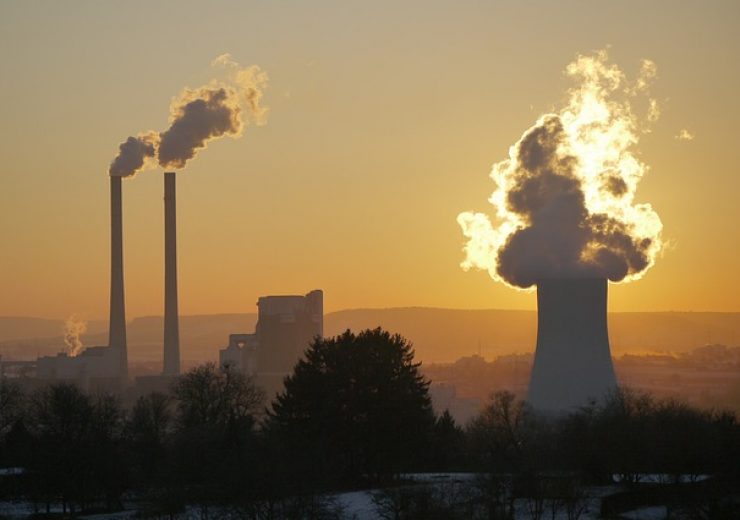The country aims to expand the use of LNG in power generation, as part of its efforts to adopt new technologies for electricity production

Bangladesh targets to produce 40% of its electricity from renewable energy sources by 2041. (Credit: MonikaP from Pixabay.)
The government of Bangladesh has reportedly decided to scrap the approval for ten coal-based power plants in the country, with a total generation capacity of 8,451MW.
Bangladesh’s State Minister for Power and Energy Nasrul Hamid said the decision was taken considering impact of new coal-fired power projects on the environment.
The affected power plants include 1,320MW Patuakhali plant, 1,200MW Uttarbanga plant, 522MW plant at Mawa, 282MW plant in Dhaka, 282MW plant in Chattogram, 565MW plant in Khulna.
The list also includes two 1,320MW plants at Moheshkhali, 700MW Bangladesh-Singapore ultra-super critical power plant and 1,200MW CPGCL-Sumitomo joint-venture plant, All India Radio reported, citing the official news agency BSS.
The 1,320MW power plant at the southern coastal town of Rampal near the Sundarbans, a forest straddling Bangladesh and India, is a natural habitat to the endangered Bengal tiger.
In 2016, the United Nations culture and science agency warned about the possibility of “irreversible damage” to the Sundarbans due to the pollution from the $1.7bn plant, AFP reported.
Through its decision, the government aims to increase the use of LNG in power generation, by adopting new technologies in electricity production.
Bangladesh targets to produce 40% of its electricity from renewable energy sources by 2041, as part of its commitment to the Climate Vulnerable Forum (CVF).
The government noted that the country currently has a surplus power supply, and electricity supply to Dhaka and other cities will not be affected with the cancellation of approvals for coal power plants.
